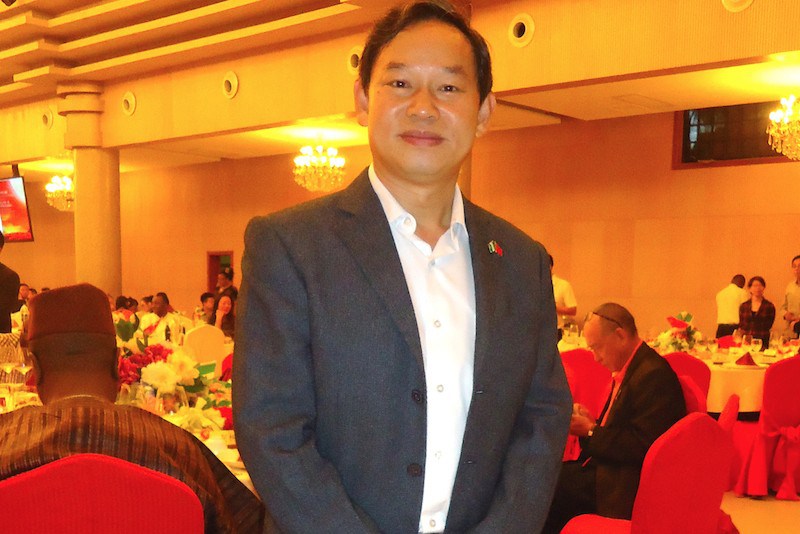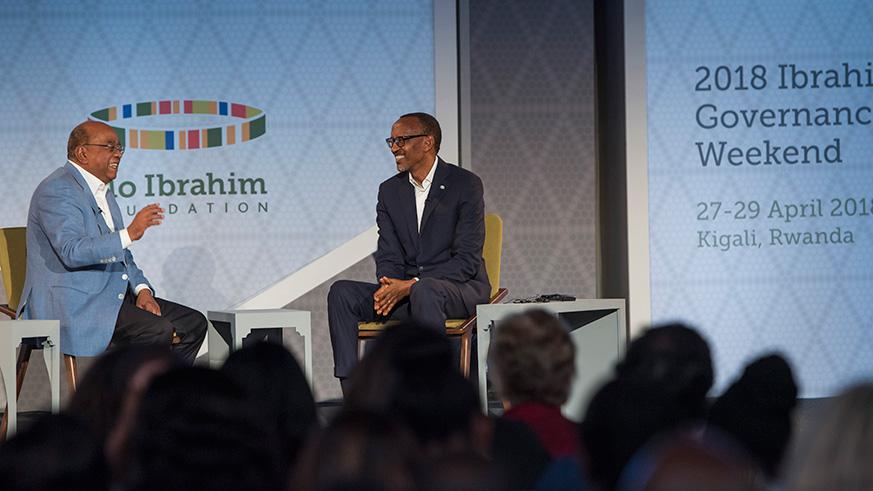In preparations for the prospective students in 2020, the University of Ghana (UG) has begun to put in place infrastructures that will accommodate the large number of students who are the first beneficiaries of free Senior High School (SHS) programme as they complete their High School education.
The management has begun to work on a proposal to introduce additional City Campuses in the regions and also sourcing for more funds for the completion of ongoing projects on the campuses such as lecture halls, residential and office facilities.
According to the school’s Vice Chancellor (VC), Prof Ebenezer Oduro Owusu, he said that these reforms and engagements are to ensure that aspirants are not denied admission into the school due to lack of space.
“Quality infrastructural facilities are essential, if UG is to have the required capacity to achieve its vision and address the increasing desire for higher education,” he said in a speech read for him by Prof Kwame Offei, a Pro VC.
Following the free SHS programme that has granted access to education for many Ghanaian citizens, there will be a rise in the demand for tertiary education in a couple of years, as a huge number more SHS beneficiaries, compete admission.
As part of effort to assist the Education Sector manage this growing demand, the government has promised to invest in the expansion of tertiary institutions which also follows as a part of its educational reform initiatives, ensuring that the Ghana Education Trust Fund would be a source of priority projects.
The University Vice-Chancellor also announced that the school will work at reducing its energy bill, looking at collaborations with the Bui Power Authority to install a 600Kiliwatts Capacity wind turbine on the Legon Campus.
He also said that the office for Research, Innovation and Development had disbursed 82 conference grants worth $111,142 and eight faculty development grants with a total value of GH₵244, 302.
In addition to that, the National Institutes of Health had awarded the university a research grant of $5.5 million for a three-year study on sickle cell disease patients in Ghana, Cameroon, Nigeria and Tanzania.


